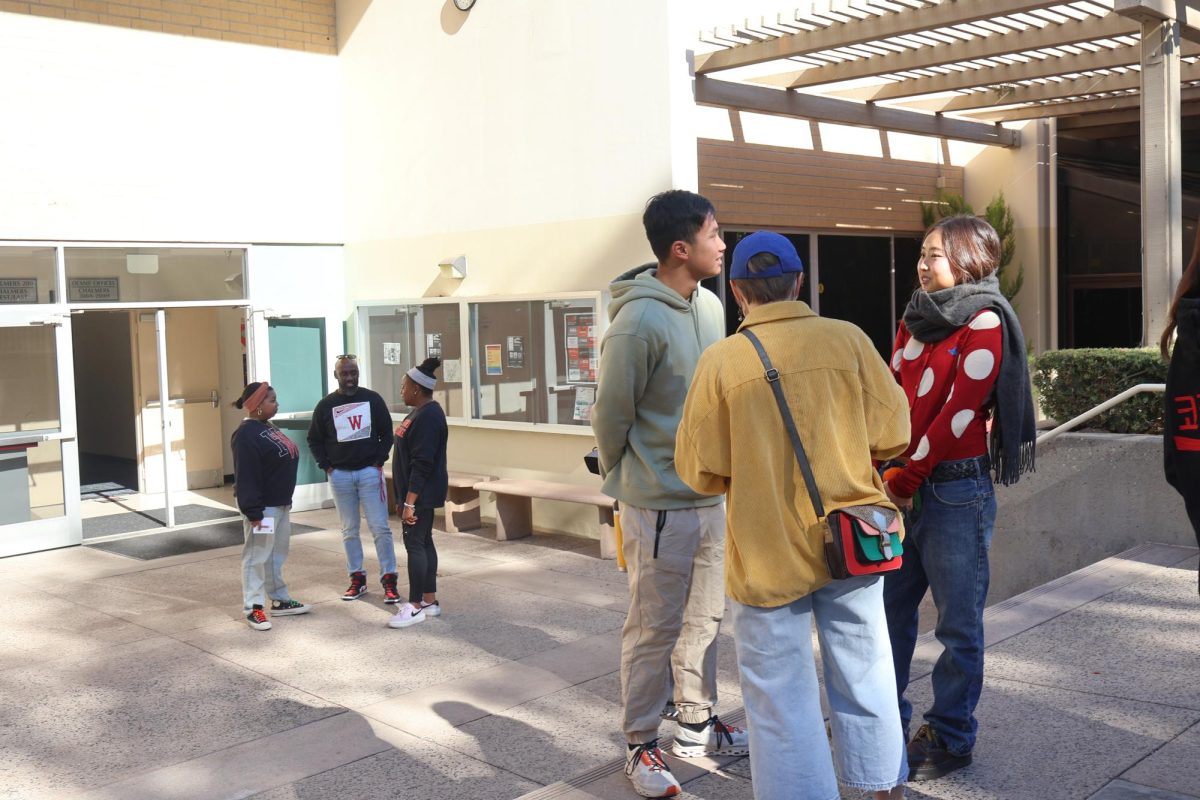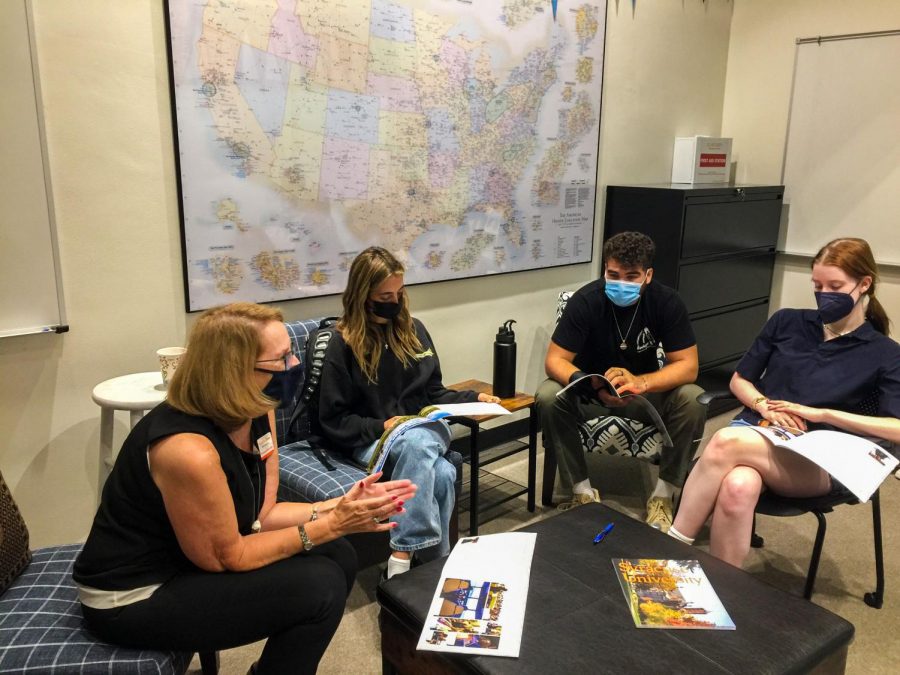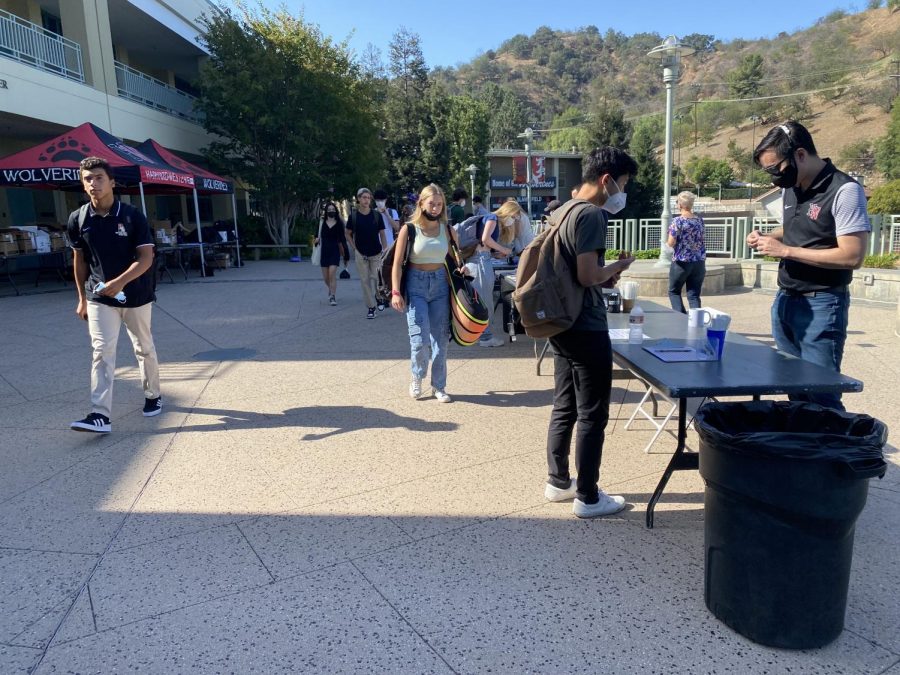The school released its 2020-2021 Curriculum Guide, which includes an array of new courses and modifications that will go into effect next year alongside the school’s redesigned block schedule. The revised curriculum is intended to allow teachers more freedom to design their courses and provide students the opportunity to take greater control over their education, Head of Upper School Laura Ross said.
“In advance of the new schedule, we charged every department with looking at their entire slate of course offerings and gave them the freedom to talk about what they would like to offer across the board,” Ross said. “While we were providing structure and funding and time for curriculum redesign, we wanted to really look at what we offer and think about if it’s exactly what we wanted it to be.”
The updated Curriculum Guide includes new Directed Study courses, more honors and Advanced Topics options, and alternatives to a few existing science classes. The Curriculum Guide lists 20 Directed Study topics, ranging from Performing and Visual Arts programs to English courses that focus on different subsets of literature. Though the curriculum has included directed studies in the past, recent changes have standardized these courses to encourage students to study specific topics in more depth than other classes allow, Ross said.
“We wanted the opportunity for students to experiment with their areas of interest without adding a full extra class or something that would conflict with their full courses,” Ross said. “What we hear from students all the time is ‘I’d love to learn more about that cool subject, but I can’t take away a whole slot for it,’ so it gives us the opportunity to let our students learn about what truly interests them.”
Many of the changes originated from teachers’ requests to shift courses away from the structure of the College Board’s AP curriculum, Ross said. The Science Department, for example, has chosen to discontinue AP Biology, but will instead offer two classes, Advanced Topics in Evolution and Ecology and Advanced Topics in Molecular and Cellular Biology, that focus on different sections of the former AP course. Ross said the move was essential to promote in-depth learning of the subject, rather than emphasizing the AP exam itself.
“We asked the faculty, ‘what would you do differently?’” Ross said. “They told us that the AP [Biology] curriculum as it was previously structured was so content-heavy, just moving rapidly from concept to concept. Our students want to go in deeper, and they felt like [the curriculum] wasn’t serving them in the way we’d like to, so we split the course into those two sections.”
Course sign ups for the 2020-21 school year will open later this month.









































